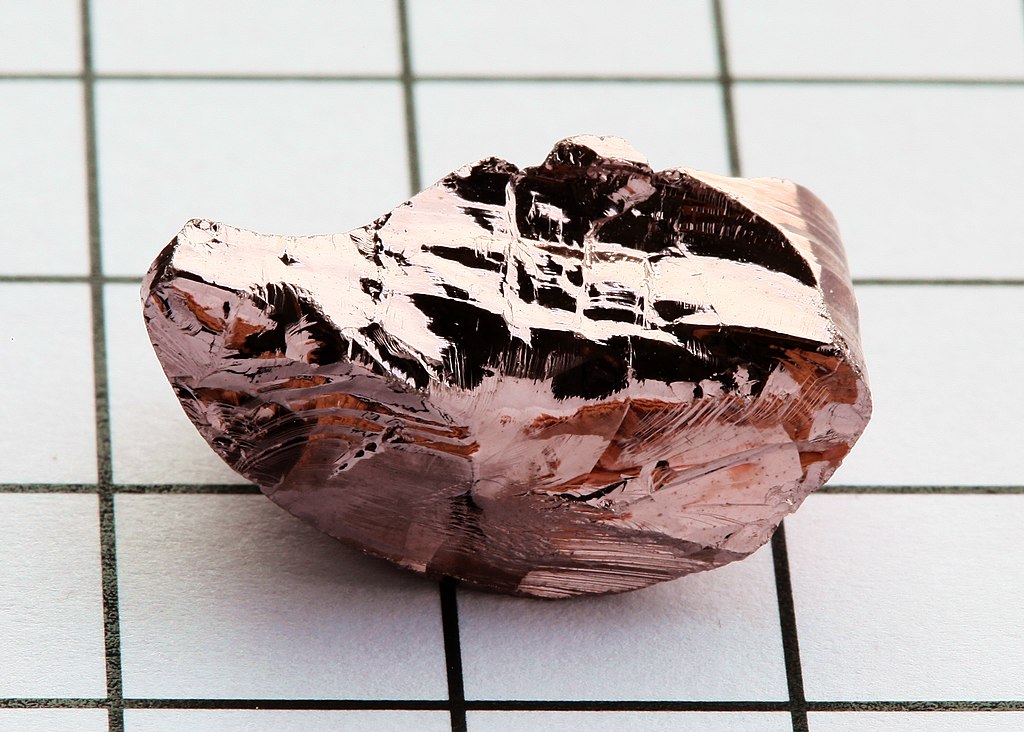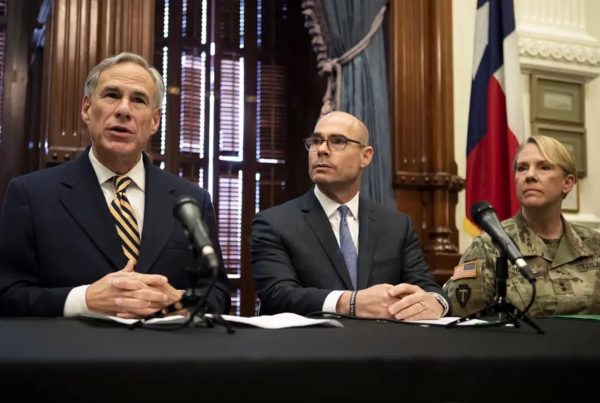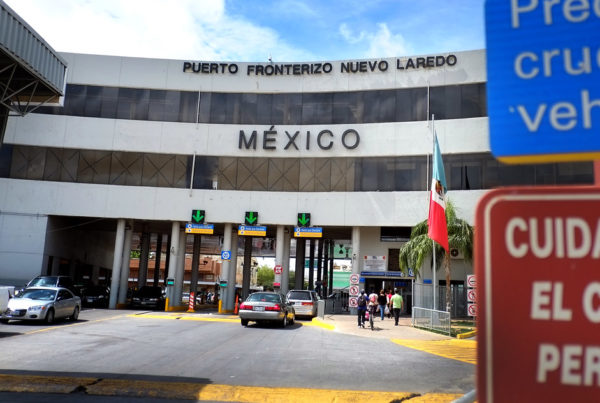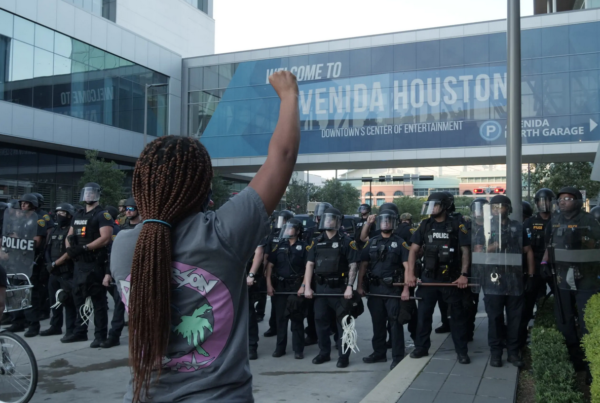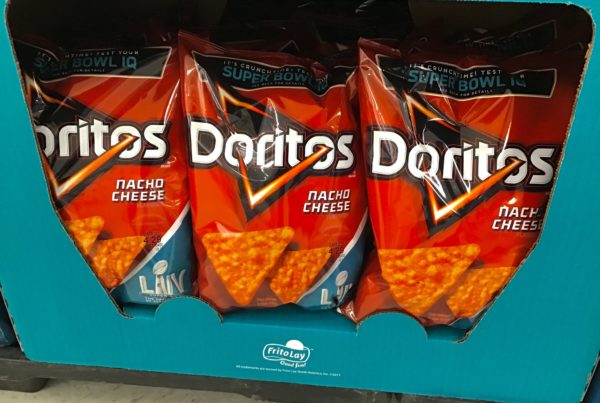On Wednesday, trading in nickel is set to restart on the London Metal Exchange. Last week nickel prices blew up, more than doubling in price before the exchange shut down trading of the metal for six days.
It was an extraordinary step for the 145-year-old metals market as Russia’s war on Ukraine continues to shake up commodities worldwide.
Will Daniel is a reporter for Fortune, who has been following the story. Listen to the interview above or read the transcript below.
This transcript has been edited lightly for clarity:
Texas Standard: The metal market is a little more niche than, say, oil, which the average American is more tuned into. Can you give just a little bit of background about the London Metal Exchange and why it matters?
Will Daniel: Sure, a 145-year old market based in London. They have online trading, but they also have a physical trading office, which is rare in these days. It’s not just nickel that trades there. There’s a whole group of metals and it’s considered the most predominant metal exchange in the world.
So let’s talk about what happened with nickel. Why did prices skyrocket the way that they did last week?
So it started with Russia’s invasion of Ukraine. Russia is the world’s third largest nickel producer and one of their companies. Norilsk Nickel is one of only a few major suppliers of high-grade nickel that are used in stainless steel and electric vehicle batteries.
Although nickel itself is not sanctioned, U.S. and European buyers have stopped buying Russian nickel for the most part. And this loss in supply led to a huge rise in Nicholas Price. And that rise in nickel’s price, was really unexpected for a lot of traders on the market. And there were a bunch of traders who had set up huge short positions, essentially betting against the price of nickel.
So when nickel’s price unexpectedly rose, they were forced to cover those positions and buy even more nickel. And that caused sort of a an add-on effect of rising prices. And they were also hit with margin calls by brokers and banks, so they’re forced to essentially put up money to prove that they could cover their losses. So it really threw the whole market for a loop.
As a consequence of all this, you had the London Metal Exchange making this move to just suspend trading altogether. Why was that so unusual?
Usually they will avoid trying to close the market because there are people on both sides of these trades. So, Glencore, for example – they’ve established a huge long position and their mining and commodity trading company. And so they were definitely hurt by the London Metal Exchange closing.
And there are a lot of traders who are angry about it, and have decided to take legal action against the London Metals Exchange. There is one trader is quoted as saying that they’re essentially stealing money from market participants, trading in good faith and giving it to Chinese nickel producers and their banks. And that’s because one of the major traders who was short squeezed in this event was a nickel and stainless steel producer based out of China.
I get why this is very important for the holding group. I am less sure about why it matters for like you and me. Explain that, please.
Nickel is used for everything from the stainless steel in your fridge to electric vehicle batteries. So when his price dramatically rises, that can lead to inflationary effects across the market. When Nicholas price rise, it can affect other metals like zinc, for example. Zinc prices jumped dramatically as a result of this. So this isn’t really just a metals market issue. It really can have a wider economic consequences.
So a lot of people have compared the short squeeze to what we saw in AMC and GameStop, those so-called “meme stocks” early in 2021. But this can have a lot more wide-ranging economic effects for the average person.


